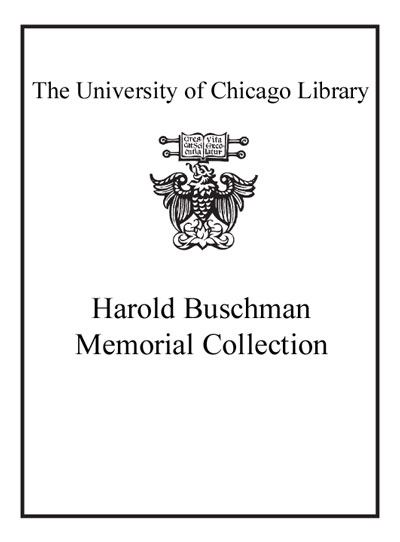Review by Choice Review
Smith (ethnic studies, Univ. of California, Riverside) has written extensively on the plight of Native Americans, especially their place in the US's Christian world. She now turns her gaze to the historical bases and systematic overtones of racism within evangelical Christian communities and organizations. Smith acknowledges the movement of these communities toward reconciling their historical exclusivism and supremacist tendencies, but at the same time she argues that the fight is not yet over because the very logic of many of these organizations has racist overtones and betrays discrimination. After examining the history and the current problems of Christian Evangelicism, Smith provides a note of hope, particularly in the work of evangelical women of color. Extensively researched and abounding with citations, Smith's book seeks to find the place of nonwhite Christians in the US evangelical scene. This up-to-date study is relevant for the questions of today. Summing Up: Recommended. Lower-division undergraduates through faculty and professionals. --Jeremy Sienkiewicz, Benedictine College
Copyright American Library Association, used with permission.
Review by Choice Review

